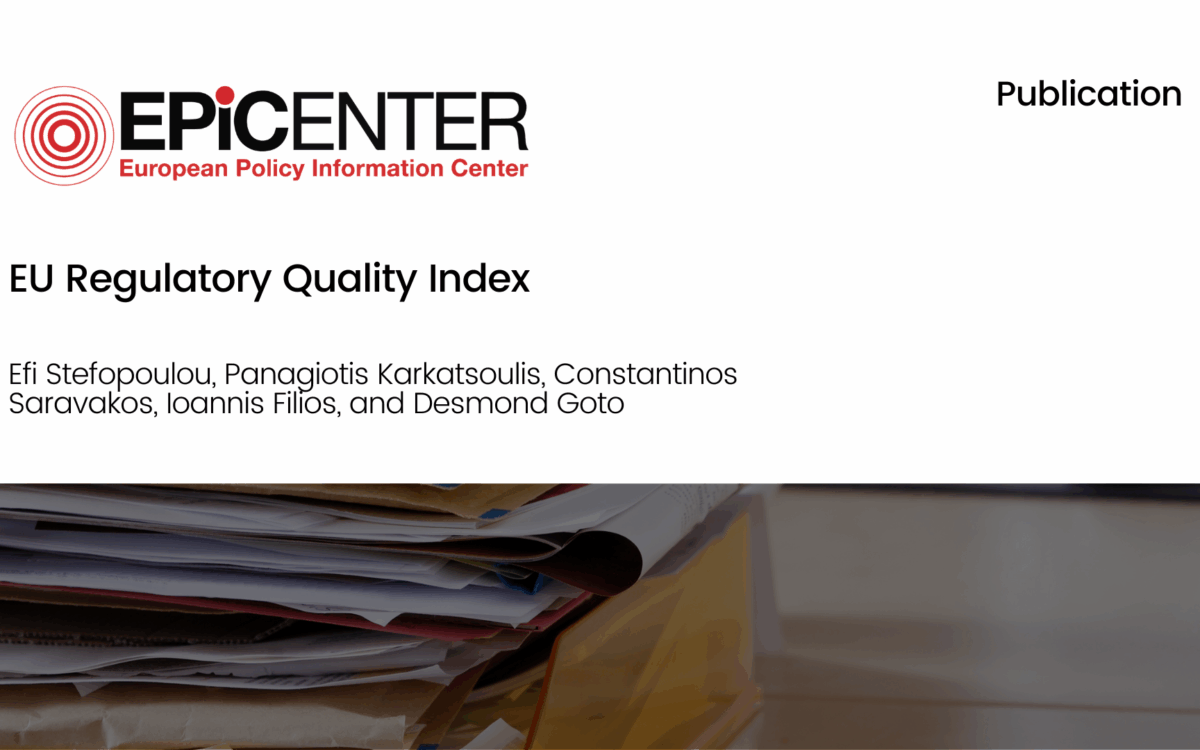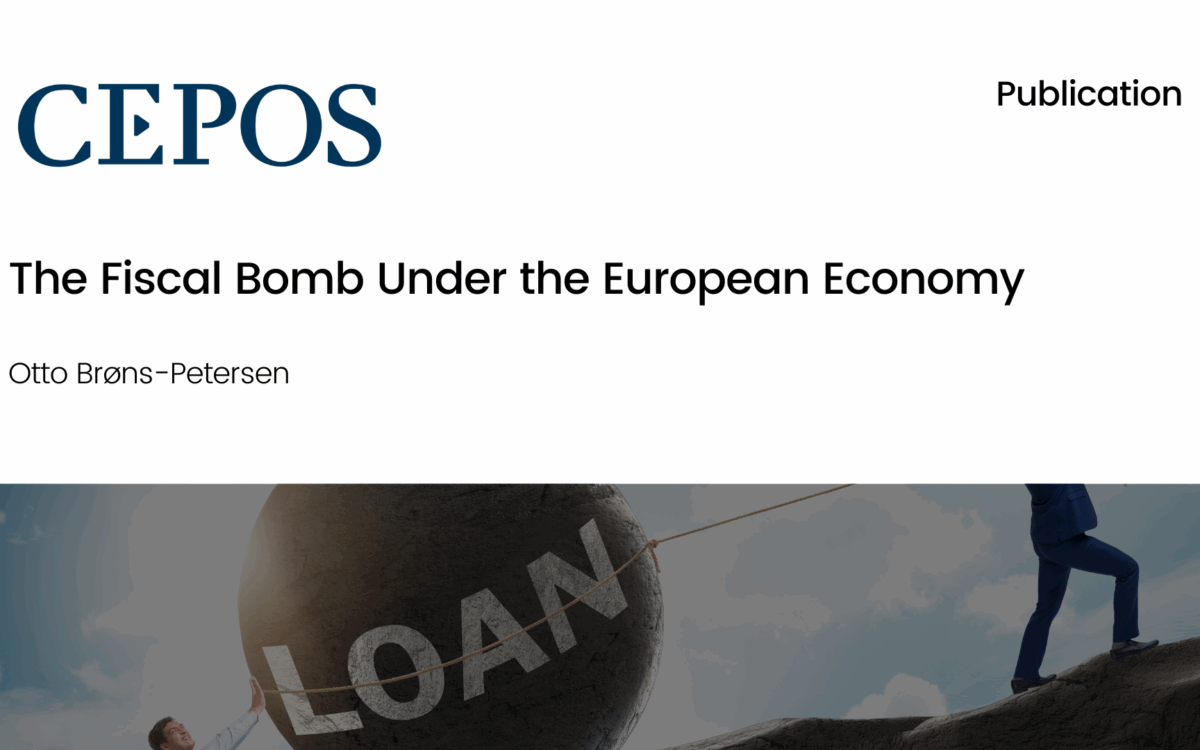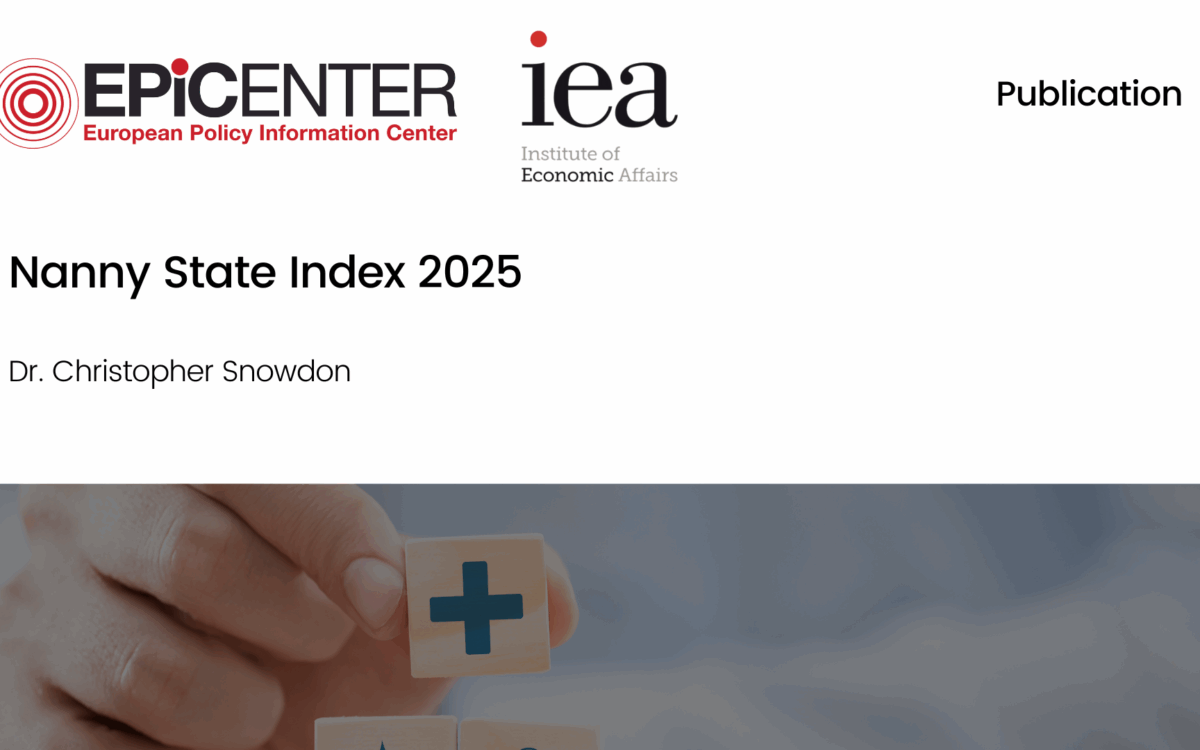Free to Move

Free To Move
January 2017
People greatly overestimate the immigrant share of the population and many wrongly believe that openness to migration harms Britons’ job prospects, burdens public finances and services and makes housing prohibitively expensive.
Openness to migration actually brings big economic benefits. These stem primarily from the very thing that makes immigration so controversial: the fact that migrants are different – with diverse attributes, skills, perspectives and experiences that tend to complement ever-changing local resources, needs and circumstances.
Migration is, in effect, a form of international trade which similarly raises productivity and living standards. Indeed, static analysis understates its dynamic boost to productivity growth. By raising the diversity of skills and ideas at the economy’s disposal and spurring entrepreneurial activity, it enhances economic dynamism.
Even if Britain leaves the EEA, it should maintain bilateral free movement with the block. Britain could also aim to conclude free-movement deals with countries such as Australia and New Zealand (where political opposition is likely to be smallest) and seek to extend such reciprocal agreements more widely.
Download or share this publication
View the PDF
EPICENTER publications and contributions from our member think tanks are designed to promote the discussion of economic issues and the role of markets in solving economic and social problems. As with all EPICENTER publications, the views expressed here are those of the author and not EPICENTER or its member think tanks (which have no corporate view).



